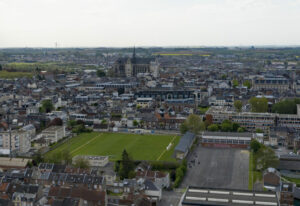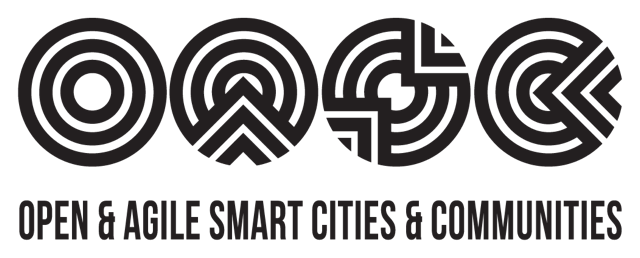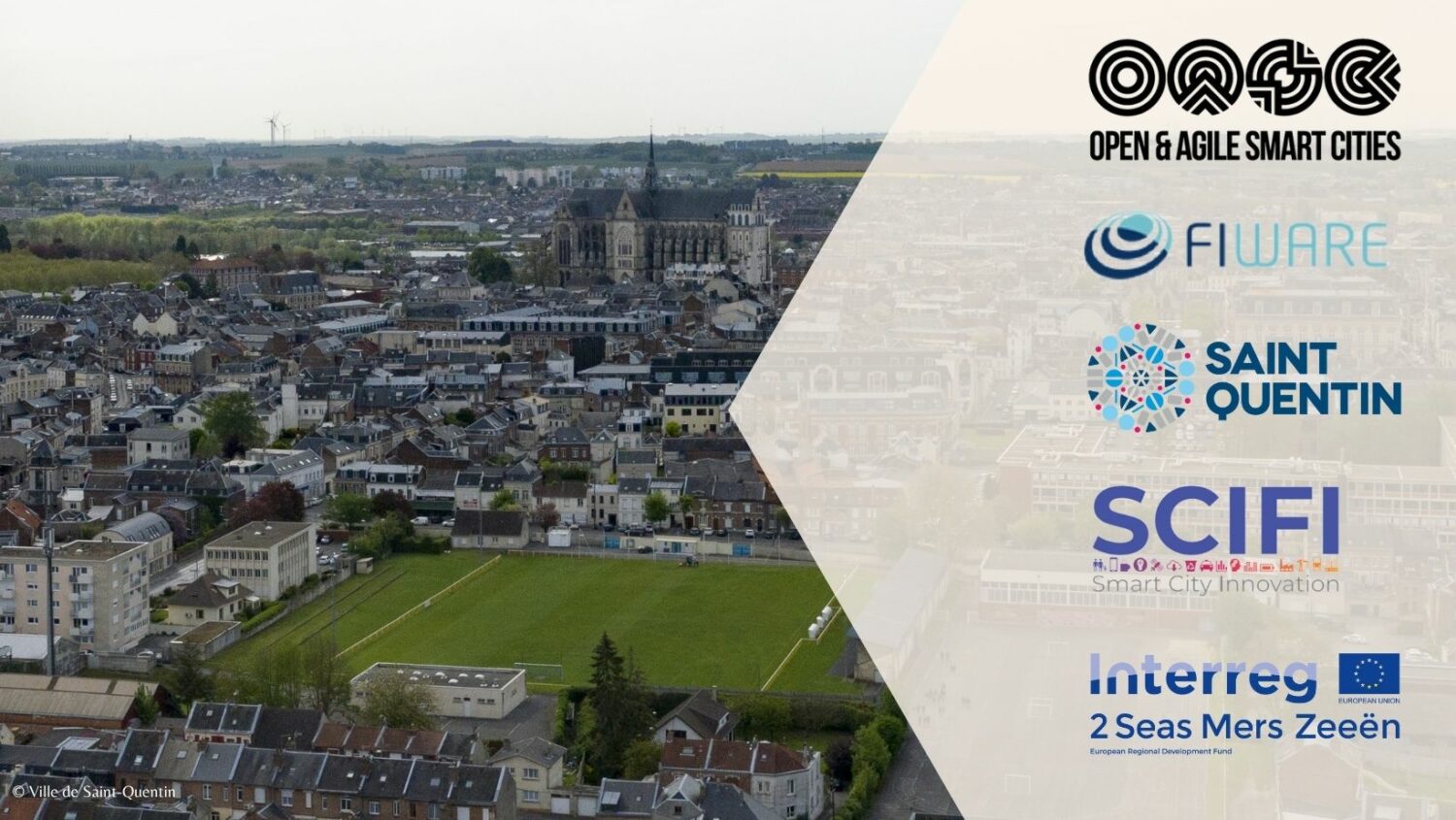Saint-Quentin is an urban community of 80 000 inhabitants and with a rich history, situated in Northern France. Nowadays the city is known for being a forerunner in the development and usage of digital innovations that strive to protect the environment. Despite its mid-sized population in the European scale, the city of Saint Quentin has run many significant projects that utilise smart technologies. Saint-Quentin is committed, through its Robonumérique strategy, to using digital technologies to improve the efficiency of public service and promote local economic growth through the creation of a dynamic digital ecosystem.The development of smart cities doesn’t come without its costs, but thanks to numerous initiatives that have enabled both public and private actors to build and share data platforms it is also possible for small and mid-sized communities, such as Saint-Quentin and likes of it, to launch smart technology projects. The smart technology projects of the city of Saint-Quentin have a very local approach and they are literally executed in the grass roots as the Smart Irrigation project will demonstrate.
Smart Irrigation is an example of a smart technology project and it was executed in cooperation with EGM, Hostabee and Faubourg Numérique to develop end-to-end connectivity to optimize the irrigation of sports fields of the city. The sports fields were monitored with data collecting sensors and actuators, such as mowers and sprinklers. The data collected by the sensors and actuators was then analyzed in order to optimize the usage of water and fertilizers in the sports fields among other purposes.
 Alexandre Chaffotte, Innovation Manager of the City of Saint-Quentin, describes the Smart Irrigation project: “The data is mostly available to improve the watering process, but the main challenge is to aggregate and analyse the data as they all come in different standards and often lack relevant context information, for example, when and where the data was recorded.” He continues, “we have to make sure that the solution is interoperable with the already existing infrastructure (sprinklers and robot lawnmowers), and that the project evaluates existing standard data models and open communication protocols (APIs). This is crucial to guarantee interoperability for the sustainable deployment of such a solution.”
Alexandre Chaffotte, Innovation Manager of the City of Saint-Quentin, describes the Smart Irrigation project: “The data is mostly available to improve the watering process, but the main challenge is to aggregate and analyse the data as they all come in different standards and often lack relevant context information, for example, when and where the data was recorded.” He continues, “we have to make sure that the solution is interoperable with the already existing infrastructure (sprinklers and robot lawnmowers), and that the project evaluates existing standard data models and open communication protocols (APIs). This is crucial to guarantee interoperability for the sustainable deployment of such a solution.”
The Smart Irrigation project is a perfect example of the benefits that open data can have, because the project relied on FIWARE technology. FIWARE is an open source platform that thrives to make IoT simpler, transform Big Data knowledge, drive key standards to break the information silos, unleash the potential of right-time open data and much more. The project is also one step forward for the City of Saint-Quentin in the process of modernizing the city and becoming smarter and smarter. The project is a success for the city, which has recorded a first positive result with a 35% reduction in water consumption during the summer of 2021 on a sports field equipped with the solution compared to a nearby field not equipped with the solution. It was also a recipient of many national awards and it is well known as a success story and a pioneer among the European mid-sized cities.
Connected Canteens is another example of the usage of smart technology in the City of Saint-Quentin. The concept of Connected Canteens was also developed in cooperation with EGM, Hostabee and Faubourg Numérique to reduce the amount of food waste that was born in school restaurants. As part of the concept, a supervision tool was created to rationalize the management of orders and carry out sensitization actions. The concept consists of two goals: to optimize the management of meal orders and to raise awareness of food waste among children. The data collecting part in the concept of Connected Canteens consists of registering the menus and canteens’ reservation and attendance, so that the data can be analyzed in order to reduce food waste. Both of these projects are great examples of how smart technology and open data can be used to provide a solution to match the users’ needs while taking steps at the same time towards more and more environmentally friendly cities.
Saint-Quentin is also part of the EU funded Scifi project that aims to activate the market for innovative solutions to improve public service delivery using data. Cities participating in the project work together to identify shared challenges in the areas of mobility, energy and environment. The cities in cooperation with businesses explore innovative procurement methods to develop data-based solutions, to implement them in living labs and to demonstrate the value of opening data to be used by many. The City of Saint-Quentin sees that by taking part in these kinds of joint projects will accelerate the use of data which leads to better data driven solutions that benefit the citizens and the municipal departments. The smart technology and open data projects also bring together many local stakeholders to work together to find solutions to shared problems and those solutions can be used Europe- and worldwide.

